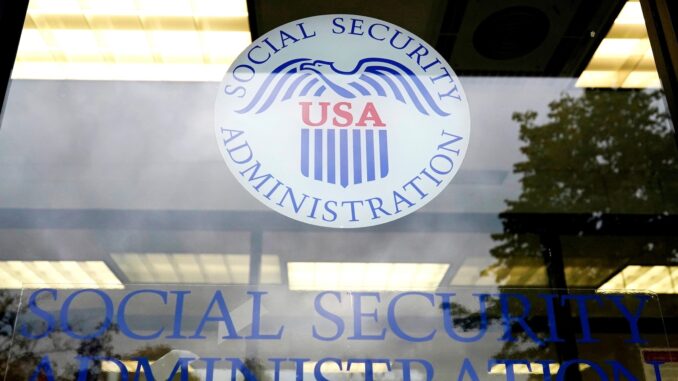
WASHINGTON — The Senate is pushing toward a vote on legislation that would provide full Social Security benefits to millions of people, setting up potential passage in the final days of the lame-duck Congress.
Senate Majority Leader Chuck Schumer, D-N.Y., said Thursday he would begin the process for a final vote on the bill, known as the Social Security Fairness Act, which would eliminate policies that currently limit Social Security payouts for roughly 2.8 million people.
Schumer said the bill would “ensure Americans are not erroneously denied their well-earned Social Security benefits simply because they chose at some point to work in their careers in public service.”
The legislation passed the House on a bipartisan vote, and a Senate version of the bill introduced last year gained 62 cosponsors. But the bill still needs support from at least 60 senators to pass Congress. It would then head to President Biden.
Decades in the making, the bill would repeal two federal policies — the Windfall Elimination Provision and the Government Pension Offset — that broadly reduce payments to two groups of Social Security recipients: people who also receive a pension from a job that is not covered by Social Security and surviving spouses of Social Security recipients who receive a government pension of their own.
The bill would add more strain on the Social Security Trust funds, which were already estimated to be unable to pay out full benefits beginning in 2035. It would add an estimated $195 billion to federal deficits over 10 years, according to the Congressional Budget Office.
Conservatives have opposed the bill, decrying its cost. But at the same time, some Republicans have pushed Schumer to bring it up for a vote.
Sen. Bill Cassidy, R-La., said last month that the current federal limitations “penalize families across the country who worked a public service job for part of their career with a separate pension. We’re talking about police officers, firefighters, teachers, and other public employees who are punished for serving their communities.”
He predicted the bill would pass.


Be the first to comment